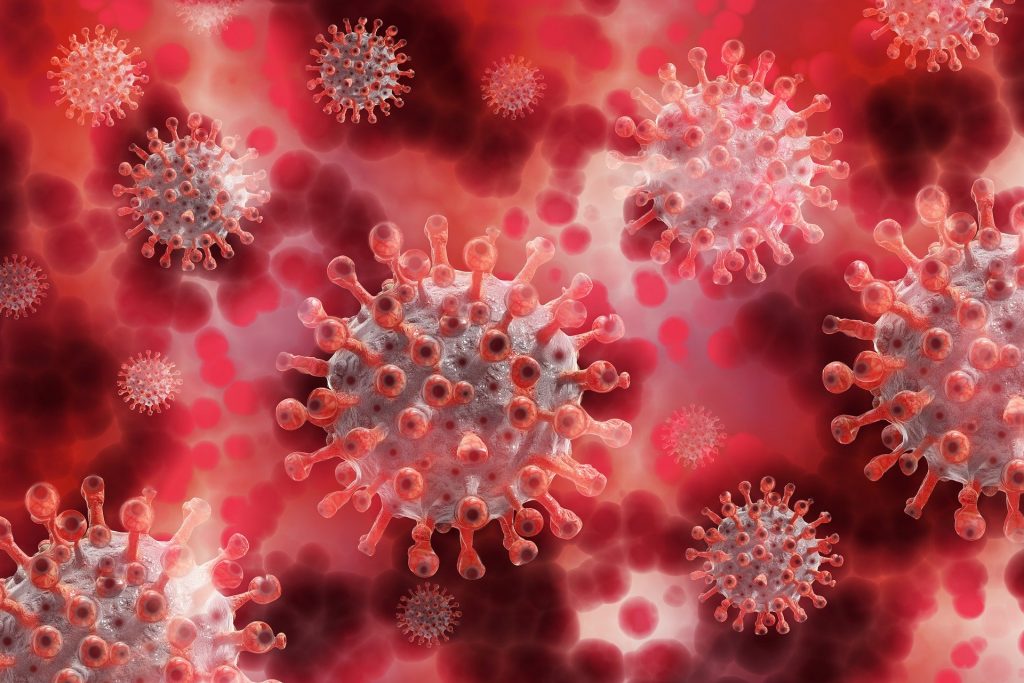There is a pressing need to develop accurate and safe COVID-19 antibody tests that can be conducted at home. Following the recent launch of a fundraising and volunteering campaign Dr Al Edwards, School of Pharmacy, talks about what an antibody test is and why it is vitally important to ensure they can be used safely and effectively at home in order to beat COVID-19.

The pandemic has reminded everybody just how important the role of testing plays. The major driver of diagnostics moving into the future is bringing the test closer to the patient. An individual to be able to run tests and take samples in their home is critical to that.
Antibody tests are essential to tackling COVID-19 because they detect the levels of antibodies [which is the immune system’s response to the virus], revealing whether a person has already been exposed to it. The tests tell us about the past which then helps us to predict the future. The data will inform our understanding about how the virus is spreading and how different regions and parts of the world are affected. This will enable us to model and respond to the outbreak accurately.
While antibody tests are becoming available there are significant advantages of a test that can be done at home. Home testing would reduce the possibility of infections in healthcare professionals carrying out these tests and would also make it as convenient as possible for people to access these tests. However, to do home testing we need to ensure that they are easy to carry out safely and effectively to ensure accurate results.
If for example, a person doesn’t collect enough blood during a finger-prick test then the lab won’t be able to test the sample; or if someone misinterprets the instructions then a false positive or a false negative could be produced; or someone could carry out the test correctly, but interpret the result incorrectly. There are many potential pitfalls in home testing, which is why it is crucial that we conduct this research.
Our research project investigates how to improve the effectiveness of home tests – including the best ways to present test kit instructions and exploring whether live video consultations could improve accuracy. We are working with colleagues who are experts in information design from our world-leading Department of Typography and Graphic Communication and utilising expertise from the School of Pharmacy in current and future diagnostic testing technology, together with our biomedical science team’s understanding of the virology of coronaviruses, such as COVID-19.
Get involved
We need your support to make this happen. It’s only through the generosity of our supporters that much of this incredible research can take place, which is why we are asking for your help. A donation could fund 3D printer materials or allow us to develop instructions to improve home testing; and volunteers could support us by participating in a survey or assisting us in evaluating home test systems.
However you can support us, you will be helping to ensure that the antibody tests that are being developed now, will actually be usable beyond the lab, and help to reduce the impact of COVID-19.
You can find out more, make a gift or register your interest in getting involved in this research, through the IMAGINE campaign.
